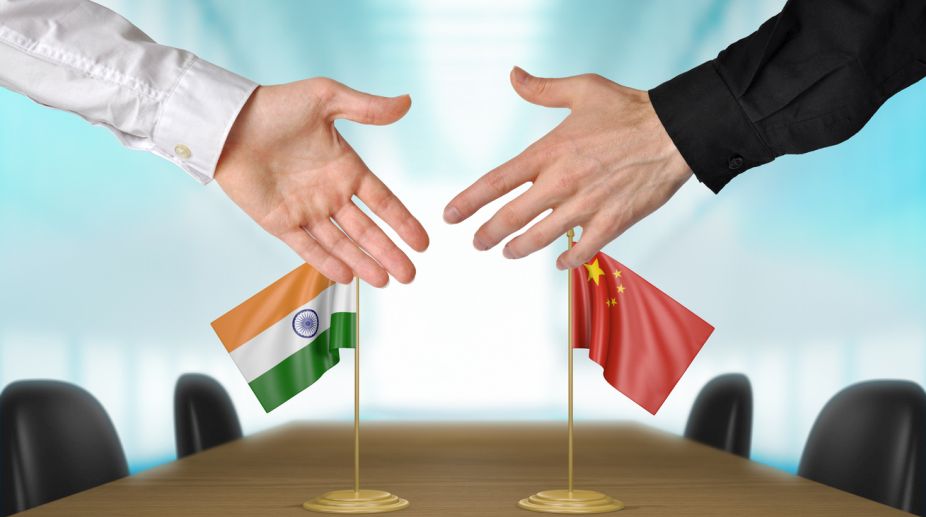PM Modi’s visit to US to be a milestone in bilateral relationship
Foreign Secretary Vinay Kwatra on Monday said defence cooperation has been a critical pillar of Indo-US bilateral relationship and during this visit.

Representational Image (Photo: Getty Images)
China and India are inching closer to building a more wide-ranging and comprehensive bilateral relationship, as stronger links between Asia’s two major economic powerhouses offer a foundation for resolving disputes and create a win-win situation for all, panelists told a roundtable forum themed the “China-India Economic and Business Partnership” in Hong Kong on Tuesday.
“As the two most populous countries in the world, as well as the two largest emerging markets in the global economic sphere, China and India do compete for market share and resources. They do compete in industries such as manufacturing and IT services.
“But, we also think there’s much room for cooperation between the two nations,” said Jing Ulrich, managing director and vice-chairman, Asia Pacific, at JPMorgan Chase & Co.
Advertisement
She made the remarks at the China Daily Asia Leadership Roundtable, which was part and parcel of the 10th Asia Financial Forum, held at the Hong Kong Convention and Exhibition Centre.Vivek Pathak, director of East Asia & the Pacific at International Finance Corporation, said the tighter the economic links between China and India, the more likely the two countries could set aside disputes and “join forces to move on”.
Pathak agreed with Ashwani Goel, head and general manager of TATA South-East Asia, who believed that the keyword is “always collaboration rather than competition”.
Growing economic ties between China and India also play a vital role in one of the world’s most important bilateral relationships.
In the past decade, bilateral trade had surged from US$19 billion in 2005 to US$72 billion in 2015.
Ulrich said the sheer size and growth rates of the two economies have boosted trade between them. This year, the gross domestic product (GDP) of the world’s second-largest economy is projected to grow by 6.5 percent to US$11.4 trillion, while India’s GDP is on track to grow faster than any other economy in the Asia Pacific region — at 7.2 percent to US$2.3 trillion.As China’s foreign direct investment in India soared from US$11 million in 2005 to US$700 million in 2015 and broke the US$1-billion barrier last year, India, with a great appetite for funds, has proved to be a gold mine for cash-rich and investment-hungry Chinese mainland investors.
The fastest-growing economy’s insatiable demand for highway, railway and housing projects fits in well with China’s Belt and Road ambitions, through which China could contribute in terms of financing equipment, raw materials, technology and project management, Ulrich noted.
Technology stands as another bright spot for Chinese mainland companies with deep pockets and seeking investment opportunities.
Policymakers and IT experts in India, which is home to more than 12,000 high-tech startups, have been making a strong pitch in the past few years for bigger collaboration with China’s burgeoning IT sector.Chinese internet behemoths Alibaba and Tencent, for instance, have invested heavily in some of top Indian startups from e-commerce platform Snapdeal to mobile wallet giant Paytm.
Puneet Agrawal, India’s consul-general for Hong Kong and Macao, believed that economic connections should not be the only theme that defines the wide-ranging bilateral relationship between China and India.
He said that, as neighbors and two of the world’s oldest civilizations, China and India have also shared a long history of cultural linkages. India’s abundant tourism resources, yet to be explored by China’s swelling middle class, could make the country another popular tourist destination.
Advertisement